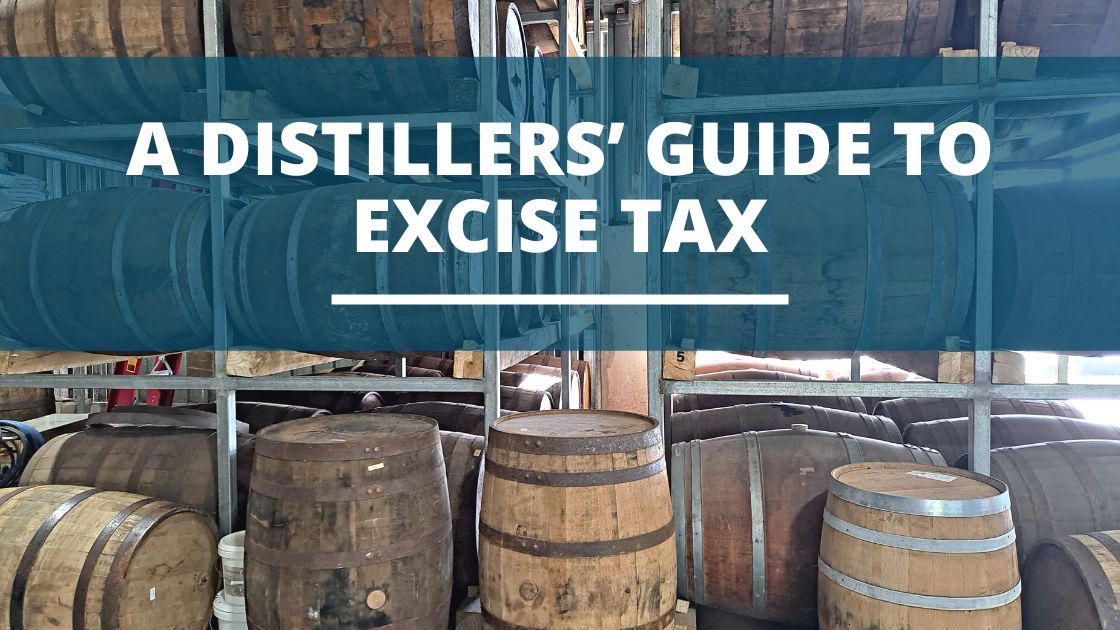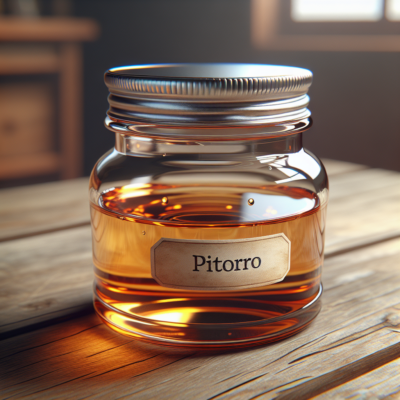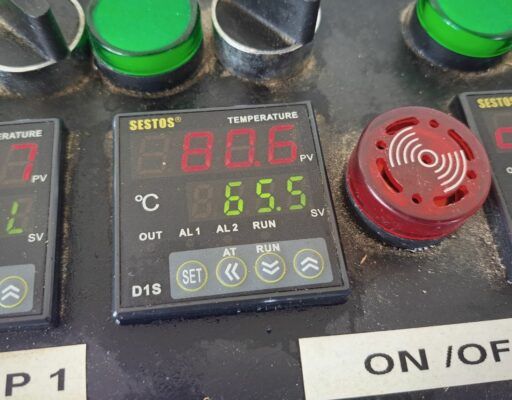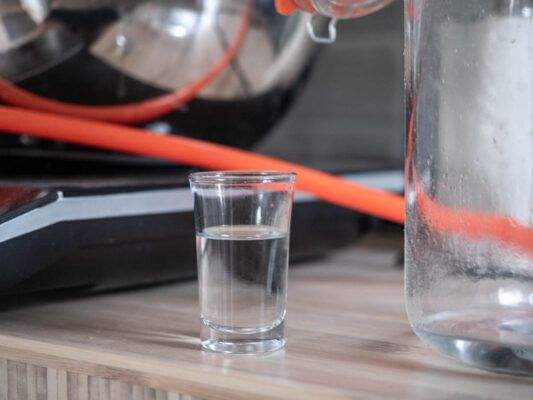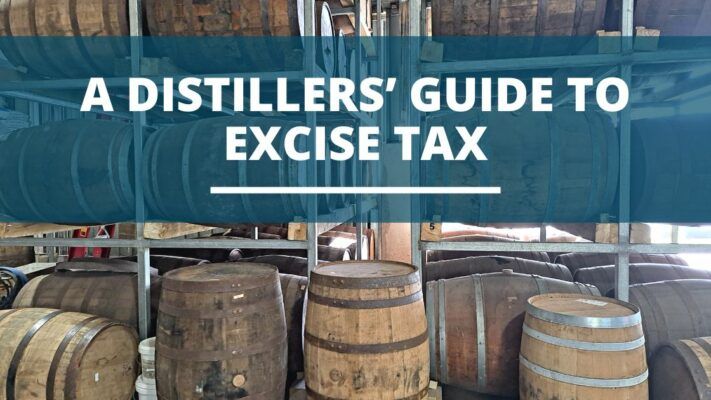Legal
A Distillers’ Guide To Excise Duty (Excise Tax Considerations)
From the Author: This article has been written as a necessity given the variety of rules and regulations concerning the distillation of spirits in a variety of countries. Mark Rowbotham is a former Officer of HM Customs & Excise in the UK, now part of HM Revenue & Customs, and is now a consultant in all matters Customs & Excise, including the brewing and distilling sectors, having had a significant number of years working with these sectors as well as in import and export trade.
Excise compliance and duty liability is by no means an easy area to understand.
In some countries, excise duty is so low that a bottle of beer costs less than a bottle of mineral water, whether still or sparkling. In others, if you want to buy a bottle of spirits or wine (or both), you must go to the government-owned and operated liquor store, such are the government controls over wines and spirits.
In such regimes, “booze cruises” are a popular pastime for individuals who live close to international ferry ports and want to take advantage of lower excise duty rates and more relaxed controls over the sale of wines and spirits, such as between Sweden and Denmark, or even between the US and Canada.
In the case of the US and Canada, excise rules differ from state to state in the US, and province to province in Canada. In the Canadian province of Québec, there are at least 150 breweries, whereas other provinces place much tighter controls over the sale of beer, let alone wines or spirits.
This is why it is necessary to visit this whole issue of excise duty and licensing for the production of spirits.
Table of Contents
The Justification For Excise Duty
Home-brew kits for the production of beers and wines are common and are available over the counter in many shops in most countries. Kits for the production of spirits however are far less common, as the ABV (Alcohol By Volume) level per litre of alcohol in all spirits vastly exceeds that found in either wines or beers.
Furthermore, most governments place very tight controls over the production of spirits, partly because of safety and partly because they are aware of the potential level of tax evasion associated with the illicit production of spirits.
The romantic idea of the illicit distillation and movements of quantities of poteen in nether regions of Ireland back in the 19th century is long gone (or so we are led to believe), but there are still individuals who may still have small spirit stills languishing in their garages or barns, far from the eyes of the local excise officer, if such a being still exists following extensive rationalisation in many government revenue departments for cost reasons.
it costs more to levy the excise duty from the production of very small quantities of alcoholic liquor than the excise duty is actually worth.
Indeed, the general rule in the revenue departments of many countries is that it costs more to levy the excise duty from the production of very small quantities of alcoholic liquor than the excise duty is actually worth. That is, however, an unofficial view, as technically the excise duty of any production of spirits must be held accountable and collectable.
This is also why there are strict rules in any government legislation concerning the licensing of any distillation operation, large or small.
Excise Considerations Before Distilling Alcohol
Before venturing forth into distilling, there are several points that need to be noted:
- Is individual distilling legal in your country?
- Is it necessary to obtain a licence to distil spirits?
- Are there limits on the quantity of alcohol to be produced?
- Is Excise duty payable on the spirits produced?
- Is it necessary to inform the government revenue department of distilling activities?
- Is it necessary to maintain records of the amount of spirits produced and the ABV of each batch?
Obtaining A Distilling License
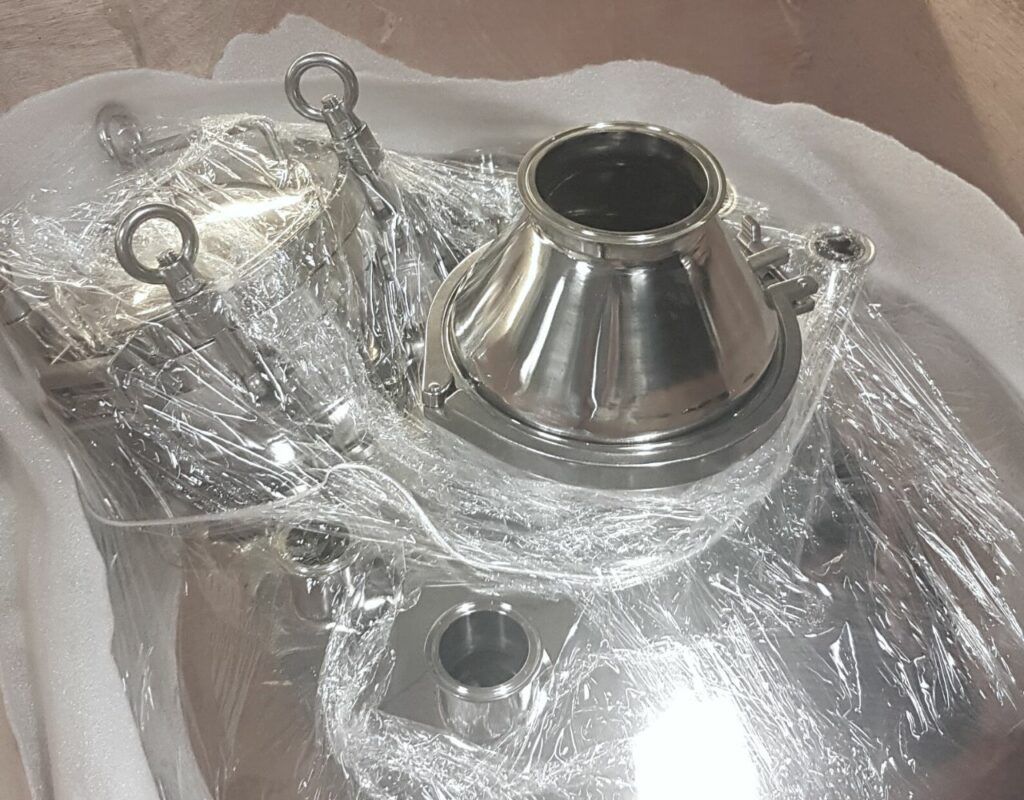
Each country has its own laws concerning the distillation of spirits by individuals. In some countries such as the US and Australia, it is impossible for individuals to obtain licenses to distill spirits.
In Australia, an individual may apply for a distillation licence as long they are registered as a corporate entity whose purpose is to produce alcoholic spirits for sale.
In the US, this is equally the case, except that excise duty is levied per state, not as a federal excise tax.
Elsewhere, as in the case of Canada, the UK and the EU, individuals may apply to their revenue department for a license to produce alcoholic spirits. In Canada, this process is governed by each individual province.
In the UK and the EU, this process is carried out through a licensing process governed by the national revenue authority, in the case of the UK, HM Revenue & Customs, and in Ireland by Revenue Ireland.
However, in each case, the revenue authority will require absolute justification as to why the individual wished to distil alcoholic spirits, as the tendency is that spirits are produced for sale to other individuals or commercial customers, in which case excise duty is due on the production of all spirits, and the production process, as well as rectification and compounding, e.g. blending, is fully licensed prior to production.
The producer is also required to maintain copious records of all spirits produced, as these are subject to scrutiny by the national revenue authority, as well as excise duty being levied on all spirits produced. In the case of commercial producers, the levels of excise compliance are higher than for individuals, although the revenue authority may, at its discretion, be less strict if the individual is proven to be producing alcohol for personal consumption only. In such circumstances, the spirits produced may be stored in casks of 30 litres or less, but must be regularly checked for quality and alcohol level (ABV).
It should also be remembered that the costs relating to the production of spirits are not cheap. The individual has to invest in some form of still, however small, and these are not easy to obtain. Furthermore, there is the need to purchase the equipment capable of making the essential substances that will ultimately be distilled, i.e. the mash tuns and the washbacks. Furthermore, significant space is required for this process, as there is the need to store significant quantities of the basic liquid prior to distillation, and even following distillation in casks, as in the case of whisky, or vats, as in the case of gin or vodka. Empty large garages or barns are useful for this purpose, but such premises must be registered with the national revenue authority for this purpose, as well as being closely maintained at all times.
Alcohol By Volume (ABV) Considerations
Excise duty is levied based on the quantity of liquid produced and the ABV.
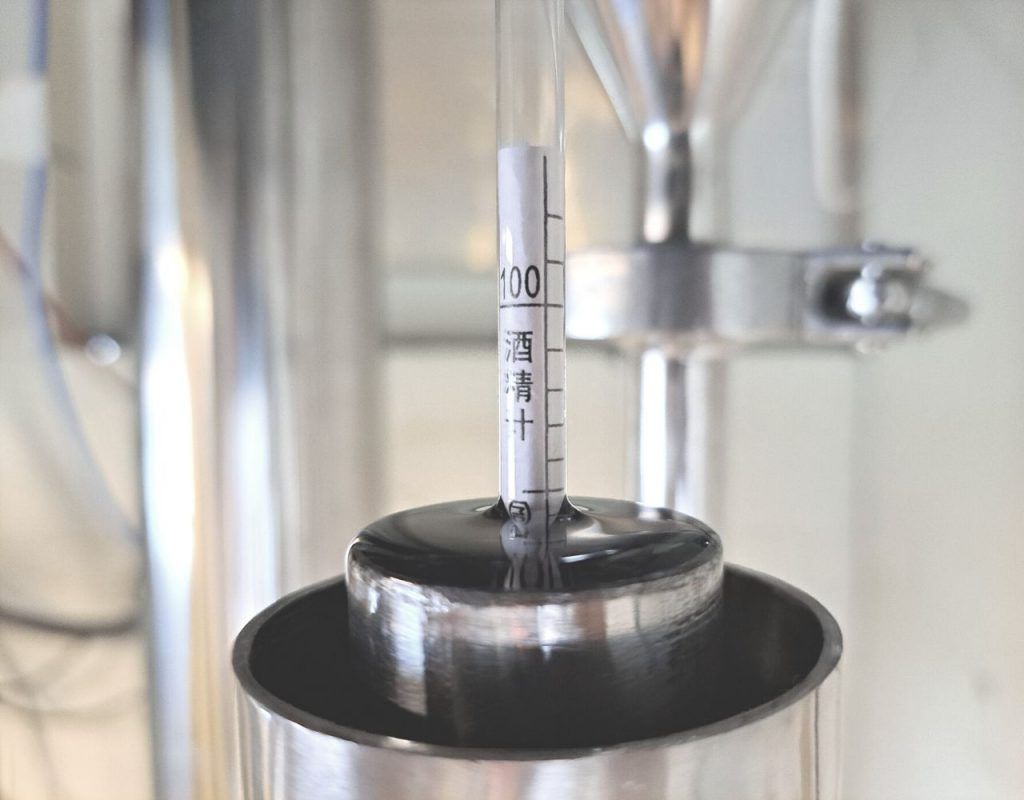
For clear spirits such as gin and vodka:
For spirits such as gin and vodka, the liquid is generally subject to Excise duty the moment it has been distilled, although, in reality, it is more common to pay duty on the number of bottles filled with the product.
It is often the case however that excise duty becomes liable on the spirit once it has been distilled and put into vats, prior to being bottled. This is the case if the producer is not approved as a trade facility warehouse, where bottling takes place, or for that matter if they are not approved as a general storage and distribution warehouse.
For dark spirits such as whisky and rum:
In the case of whisky and rum, these spirits are held under excise control while they are maturing in their casks. Whisky cannot be called such until it has spent 3 years and 1 day in the cask. This rule was applied as a result of legislation passed by the UK government in 1916. Until this period, the spirit is known as malt liquor.
This is also why whisky is blended using a combination of malt whisky and grain whisky only after 3 years, as the grain whisky cannot be classed as whisky until the same 3-year period has transpired. In reality, malt whiskies will remain in maturation for several years more until they have sufficiently matured and coloured to be considered suitable for either blending or bottling as pure malt whisky.
It should also be noted that prolonged maturation allows for a reduction in the ABV level of the spirit from approximately 74% to around 68%. The level of the liquid in the cask also reduces, and this is commonly known as “the angels’ share”, suggesting that angels periodically descend to the bonded warehouse and surreptitiously remove a quantity of the spirit for their own consumption. This myth may be safely discarded because the actual process is one of natural evaporation and permeation.
This is why its the policy of many of the producers of scotch whisky to use casks previously used for the storage of oloroso sherry or US bourbon whisky, where the casks have had the chance to be influenced and permeated by maturing rich fortified wine (including Port Wine produced in Portugal) or bourbon whisky prior to being used in the scotch whisky industry.
Even concerning distillation of whisky by individuals, it is generally not appropriate to release the liquor prior to the 3 required years for several reasons:
- The liquor has not had time to mature;
- The ABV alcohol content is still very high (around 74%);
- The quality of the spirit has not had time to develop;
- The spirit cannot be called “whisky” (it is called “malt liquor”);
- The value of the product may not have increased according to the age of the spirit.
This is why, even considering small-scale production, the use of small casks for maturation is still recommended.
Excise Duty Liabilities
Excise Duty is levied against all spirits in any country, no matter how large or small the liability, if these spirits are for consumption as beverages.
The only time that excise duty will not apply is when the spirits are not used for consumption, such as ancillary fluids such as cleaning fluid, e.g. white spirits, or where such spirits are being denatured for blending in a non-excise process, including the medical sector.
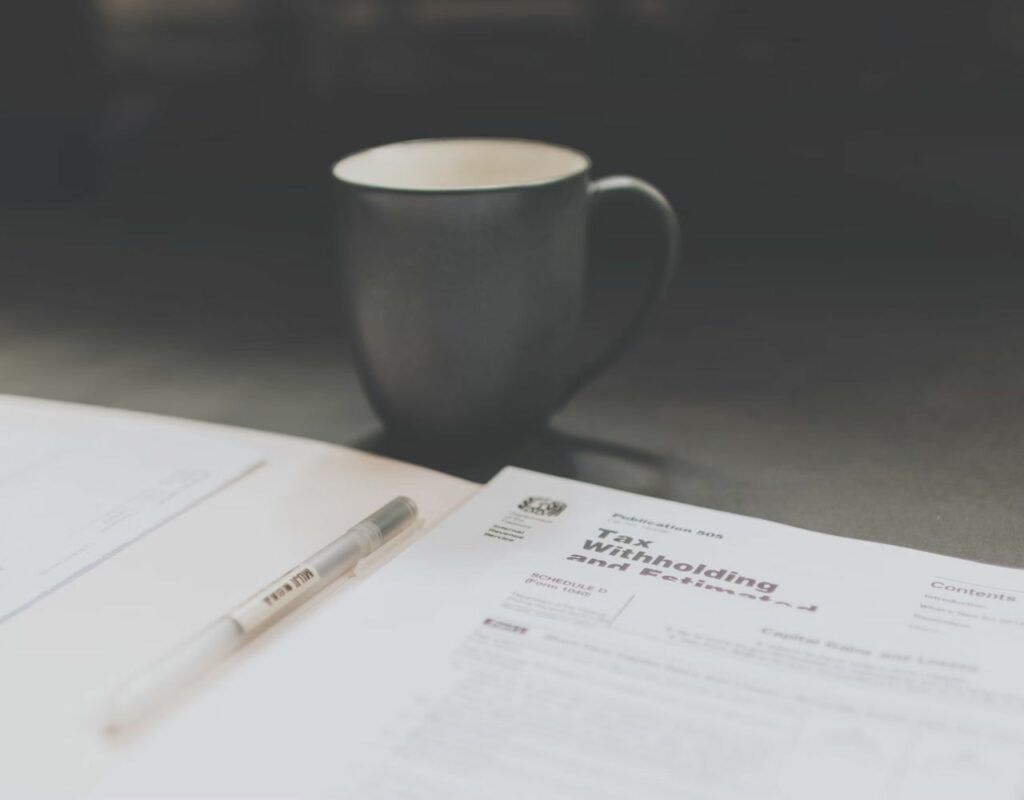
Excise Duty in Australia
In the case of Australia, excise duty is generally payable on distilled alcohol, even if the producer does not have a licence. If eligible depending upon the conditions imposed, the producer can claim a refund of 60% of the excise duty they have paid on their distilled products. The maximum that a producer can claim each financial year is AU$100,000.
Excise Duty In the United Kingdom
The UK’s Alcohol Duty Reforms of 2023, changed the way that Excise duty is levied against the production of alcohol for consumption purposes.
- The quantity of liquor produced is standardised as litres, rather than hectolitres in the case of beer.
- Secondly, excise duty reliefs were standardised for the production of alcohol by small producers, thus reducing the amount of excise duty liable on small quantities produced in both the brewing and distilling sectors.
Note: this does not excuse the individual involved in domestic distillation of spirits from being liable for excise duty. The individual is still responsible to the national revenue authority concerning the recording of spirits produced and the consequent liability for excise duty.
In the UK, the Small Producer Relief, introduced in August 2023, allows for a sliding scale of excise duty based on the quantity of alcohol produced. For example, for spirits of between 3.5% and 8.5% ABV, the marginal discount on the starting band threshold for quantities between 5-50 and 50-100 hectolitres is £2.48/hectolitre. From 100 to 200 hectolitres, the marginal discount drops to £1.24 per hectolitre. From 200 to 1000 hectolitres, there is no discount. Considering that the normal rate of UK excise duty is £28.74 per litre, these duty reliefs become almost insignificant.
Excise Duty in the European Union
In the EU, excise duty rates on spirits varies per country, and the individual/producer should check with their own national revenue authority concerning national excise duty rates on spirits. The minimum excise duty rate on spirits in the EU is €550/Hectolitre, regardless of whether the spirits are produced in the EU or are imported from elsewhere. For example, the German rate of excise duty is €1,303 per hectolitre of spirits. In Ireland, it is €4,257/Hectolitre. In each case, there are no reduced rates for small producers.
The EU has also implanted a separate piece of legislation concerning the certification or self-certification of small producers of alcoholic products, but this purely refers to the registration of small producers of alcoholic products.
Excise Duty in Canada
In Canada, the excise duty rate on spirits containing more than 7% of absolute ethyl alcohol by volume is CAN$13.303/litre of spirits. However, there are no duty reliefs on excise duty. Excise duty rates are set out in the Excise Act 2001. Excise duties are charged on spirits, wine, beer, tobacco products, and cannabis products. When these goods are manufactured or produced in Canada, duty is generally payable at the time of packaging for spirits, wine, tobacco products and beer. Generally, when these goods are imported into Canada, excise duty is payable by the importer at the time of importation. All persons who manufacture or produce spirits, wine, beer, tobacco products, and cannabis products in Canada must be licensed. Most licensees must provide security of at least $5,000.
Excise Duty in The United States
In the US, at the federal level, the United States collects about 4% of its revenue from excise taxes, but these are not imposed across international borders. Statutory excise taxes can vary from state to state, so consumers should look to their states for information on what excise taxes exist and how much they cost.
Final Thoughts
Whether it’s Australia’s rebate system, the US’s state-by-state levying, or the UK’s sliding-scale relief for small producers, every country has its unique approach. These variations heighten the need for awareness and understanding of excise duties for those involved in the production or sale of alcoholic spirits. By taking into consideration the complexities of distilling legalities and recognising the influence of excise duty on business operations, producers can better navigate the labyrinthine practices of international alcohol production and distribution.

